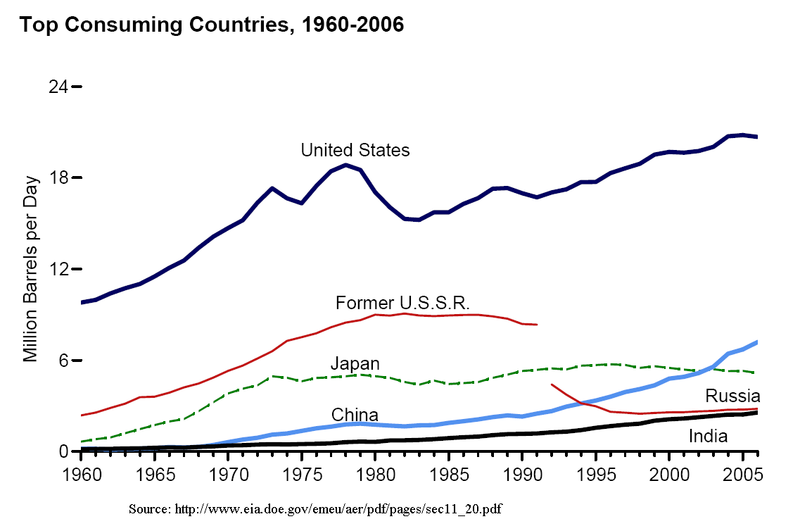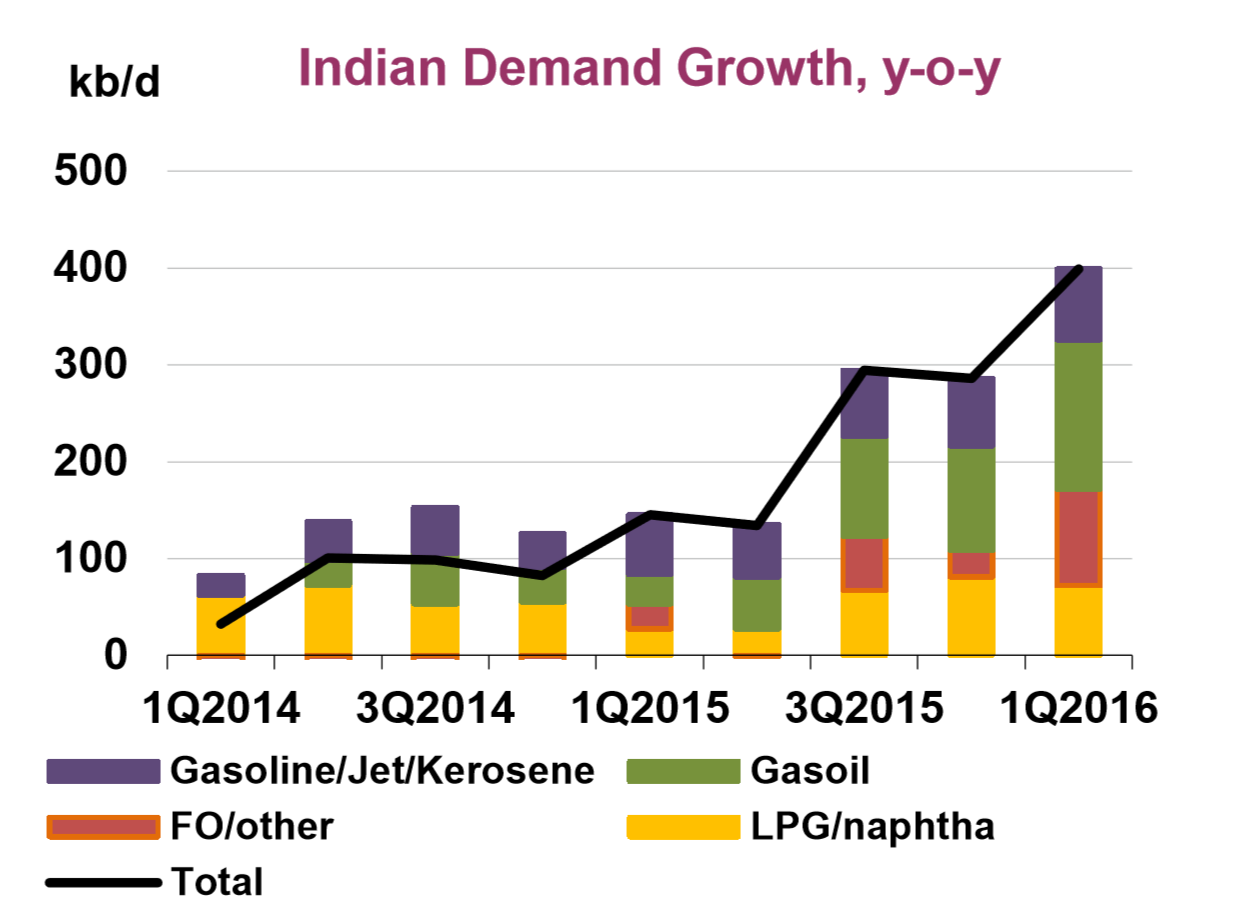

I mention this as the last one because this is the least common reason. Low quality motor oil with high volatility.For example you could experience higher oil consumption with a lower HTHS viscosity ACEA A1/B1 oil than with a higher HTHS viscosity ACEA A3/B3 oil. By viscosity I do not mean SAE viscosity only. If you use an oil with a viscosity below the recommended by the engine manufacturer than you will experience oil consumption for the same reason as presented in the previous section. Once again it will be simpler for a thin oil to reach the combustion chamber and get mixed and burned with the fuel. The hotter your engine runs the thinner your oil will be. Higher-than-normal engine temperature.What happens is the same thing that I mentioned in the previous section: the oil finds its way around the seals and it gets burned away in the combustion chamber or it simply leaks out. The more worn they are the more oil will be consumed. That’s because you put extra pressure on the seals and gaskets and some of the oil finds its way around and gets burned away in the combustion chamber. The higher your usual RPM is the more oil will be consumed. This depends on the make and model of the engine so if oil consumption matters to you a lot then you are better off asking questions on the forums about it. The consumption can be as high as 1 liter per 1000 kms (cca. Let’s go through the most common ones quickly:

It’s easy to think that the oil consumption is the oil’s fault especially if you didn’t notice it until the last oil change. That’s assuming that the regular oil change is done by the repair shop and not the owner. For some people the only time when they have to do anything motor oil related is the time when they find out that its level is too low so it needs to be topped up. One of the dreaded things car owner face is oil consumption.


 0 kommentar(er)
0 kommentar(er)
